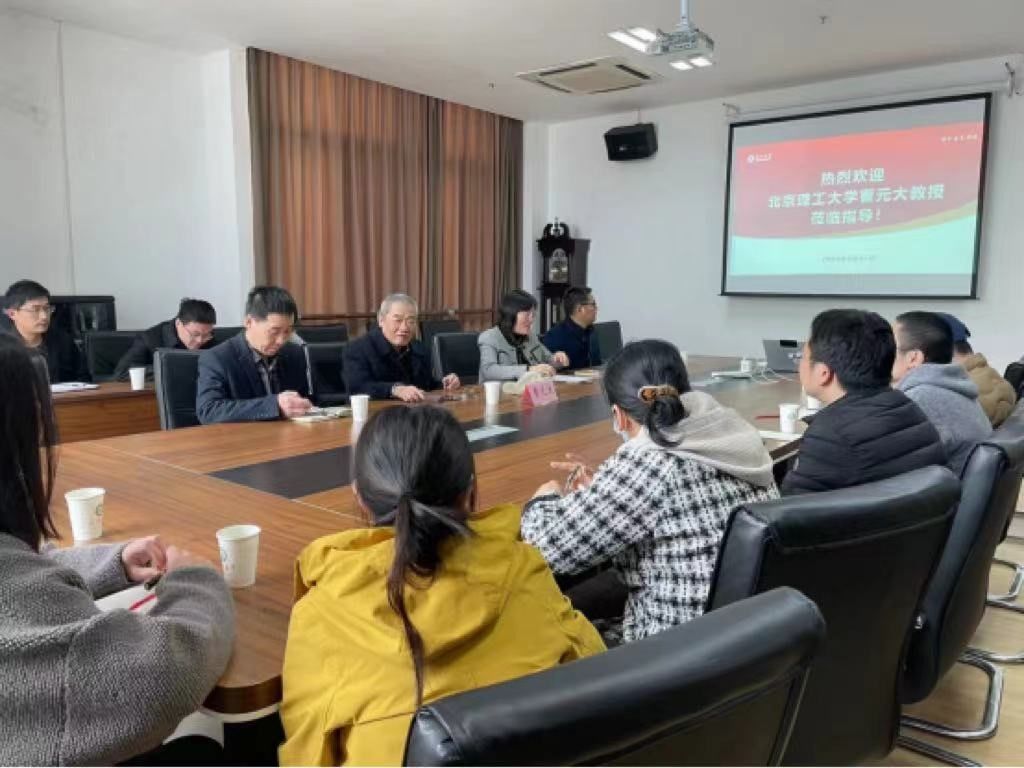On March 31, 2023, Professor Cao Yuanda, a professor and doctoral supervisor from the School of Software at Beijing Institute of Technology, came to our institute to guide the development of young teachers and the application of scientific research projects. Dean Mao Qirong, Vice Dean Chen Jinfu, and all young teachers from the School of Computer Science attended this symposium.

At the meeting, Professor Cao Yuanda shared the key elements and insights of the fund application process, as well as in-depth analysis and explanation on how to improve personal influence and obtain funding from the National Natural Science Foundation of China, based on his years of experience in applying for projects, as well as the new requirements and changes in applying for national science projects. Professor Cao emphasized the differences between computer science and other disciplines, pointing out that research in computer science should not only focus on its own field, but also on interdisciplinary issues. Professor Cao believes that conducting research only in a single field will have limitations, and one should be brave enough to try to apply methods from other fields to solve problems in their own field. When it comes to the development of young teachers, Professor Cao emphasized that young teachers should have an innovative spirit and be brave enough to try new research directions and methods, such as combining information technology with agricultural machinery. At the same time, they should also try to join research teams and conduct organized research. He also suggested that young teachers should pay attention to their comprehensive qualities and influence, and continuously improve their academic level and social influence.
Subsequently, Professor Cao had in-depth exchanges with young teachers in our college and answered their questions regarding career development and research project application. It points out the path for young teachers to grow in scientific research, and encourages them to constantly strive for progress and innovation in their future research path.

